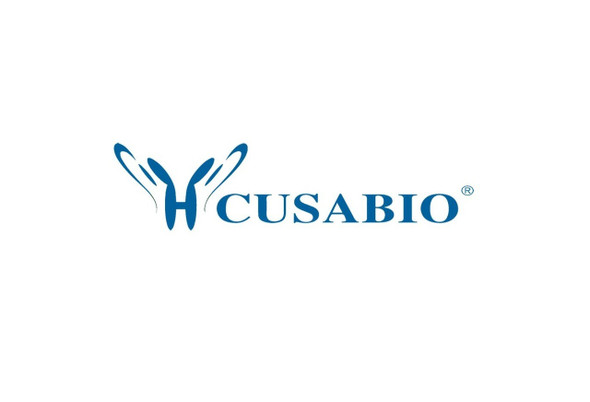Cusabio Polyclonal Antibodies
Phospho-EFNB2 (Tyr316) Antibody | CSB-PA166153
- SKU:
- CSB-PA166153
- Availability:
- 3 to 7 Working Days
- Size:
- 100ul
Description
Phospho-EFNB2 (Tyr316) Antibody | CSB-PA166153 | Cusabio
Phospho-EFNB2 (Tyr316) Antibody is Available at Gentaur Genprice with the fastest delivery.
Online Order Payment is possible or send quotation to info@gentaur.com.
Product Type: Polyclonal Antibody
Target Names: EFNB2
Aliases: HTKL; EPLG5; Htk-L; LERK5;
Background: This gene product belongs to the 14-3-3 family of proteins which mediate signal transduction by binding to phosphoserine-containing proteins. This highly conserved protein family is found in both plants and mammals, and this protein is 99% identical to the mouse, rat and sheep orthologs. The encoded protein interacts with IRS1 protein, suggesting a role in regulating insulin sensitivity. Several transcript variants that differ in the 5' UTR but that encode the same protein have been identified for this gene.
Chrencik JE, et al. (2006) J Biol Chem;281 (38) :28185-28192.
Kertesz N, et al. (2006) Blood;107 (6) :2330-2338.
Noren NK, et al. (2004) Proc Natl Acad Sci USA;101 (15) :5583-5588
Isotype: IgG
Conjugate: Non-conjugated
Clonality: Polyclonal
Uniport ID: P52799
Host Species: Rabbit
Species Reactivity: Human, Mouse
Immunogen: Peptide sequence around phosphorylation site of tyrosine 316 (P-V-Y (p) -I-V) derived from Human Ephrin-B2
Immunogen Species: Human
Applications: ELISA, WB
Tested Applications: ELISA, WB;WB:1:500-1:1000
Purification Method: Antibodies were produced by immunizing rabbits with synthetic peptide and KLH conjugates. Antibodies were purified by affinity-chromatography using epitope-specific peptide.
Dilution Ratio1: ELISA:1:2000-1:10000
Dilution Ratio2: WB:1:500-1:1000
Dilution Ratio3:
Dilution Ratio4:
Dilution Ratio5:
Dilution Ratio6:
Buffer: Supplied at 1.0mg/mL in phosphate buffered saline (without Mg2+ and Ca2+), pH 7.4, 150mM NaCl, 0.02% sodium azide and 50% glycerol.
Form: liquid
Storage: Upon receipt, store at -20°C or -80°C. Avoid repeated freeze.
Initial Research Areas: Cardiovascular
Research Areas: Neuroscience;Cancer;Cardiovascular






